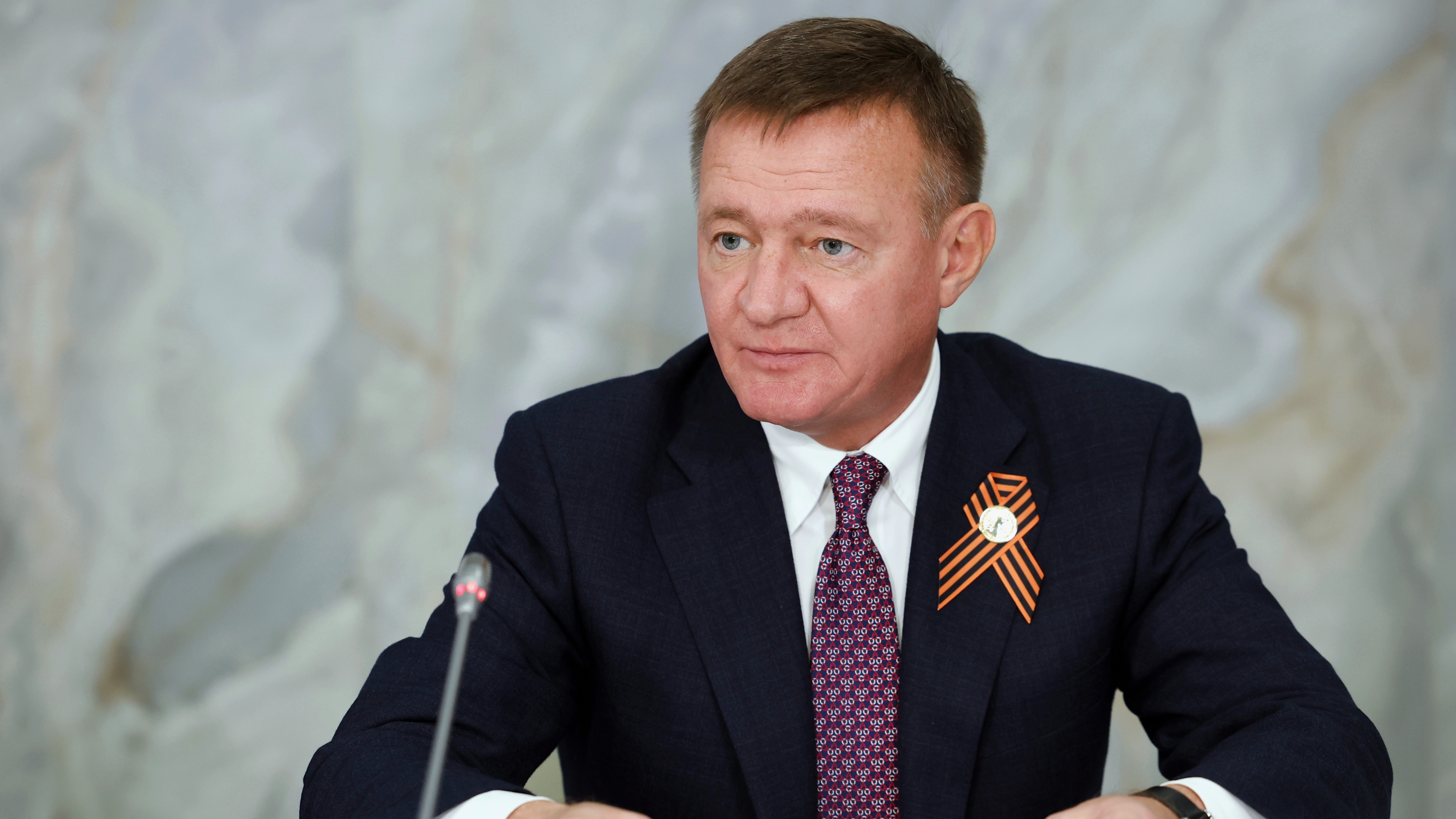Policing in Scotland could see a “fundamental reduction” as a result of Scottish Government spending plans, MSPs have been warned.
Police chiefs claim they could be forced to make savings of up to £300m over the next few years.
A new paper, prepared for Holyrood’s Criminal Justice Committee, warns that “the outlook is extremely challenging and concerning”.
It comes after the Scottish Government’s resource spending review said both the police and the Scottish Police Authority (SPA) should “plan for a flat-cash settlement over the period” up to 2026-27.
The paper – due to be discussed by MSPs on Wednesday – sets out the impact that could have on policing in Scotland, with warnings that the force could in the future either have to cut officer numbers or impose a pay freeze.
The submission, made jointly by Police Scotland and SPA, suggests without additional cash from the Scottish Government, the force could have to cut officer numbers by 4,500 if it had to pay for 5% wage rises over the period up to 2026-27.
Both Chief Constable Iain Livingstone and SPA chair Martyn Evans have “expressed their concern at the service delivery implications” of the resource spending review.
This was announced in May and set out indicative plans for the rest of this Scottish Parliament term – with Finance Secretary Kate Forbes stressing at the time that the public sector would need to “re-shape and re-focus” in the coming years.
But the submission from Police Scotland and the SPA warns: “Should funding allocations follow the parameters of the RSR (resource spending review), this would mean a fundamental reduction in Scottish policing’s capacity and capability to respond to the needs of the public we serve.
“The implications for community policing, operational effectiveness, our ability to police major events and demonstrations fairly and safely and to protect people from existing and emerging threats are significant.”
The paper states that “initial analysis shows that for policing in Scotland to operate within a flat-cash funding allocation, savings of between £200m and £300m are required over the period, an average of between £50m and £75m per annum”.
With wages making up 86% of the police revenue budget, it adds that “further, significant, cost reductions can only be delivered through a pay-freeze or by funding cost of living pay awards by reducing the size of the workforce”.
Summing up the position, Police Scotland and the SPA state: “Essentially, there are two options: (1) protect the size of the workforce as far as possible through a pay freeze from 2023-24; or (2) implement self-funded cost of living pay increases resulting in an overall reduction in workforce.”
If the 5% pay rise awarded in 2022-23 was replicated over the course of the spending review period, the paper says this would “require indicatively accumulated savings of £222m, the equivalent of an average 4,500 headcount reduction based on current salaries”.
It goes on to warn: “A significant reduction in police officers or further reductions in police staff would impact on operational service delivery and mean the withdrawal of some services and delays in responding to requests for help from the public.
“The implications for community policing; operational effectiveness, our ability to support major events, and to protect people from existing and emerging threats are significant.”
A flat-cash settlement could also result in a reduction in capacity for forensic services, with this having “wider negative outcomes for the criminal justice system”, the paper states,
It adds that maintaining all existing police buildings within a flat-cash settlement would also not be viable “necessitating further rationalisation of the estate”.
And the move towards ultra-low-emission vehicles “would stall” because “forecast funding would be insufficient to purchase the level of charging infrastructure required to support a fully electric fleet”.
Justice Secretary Keith Brown said: “Our largely fixed budgets and limited fiscal powers means the UK Government needs to provide the Scottish Government with sufficient funding to support public services and the economy in these difficult times.
“We have already made difficult choices to support pay offers in 2022-23 and rightly so, as our police workforce deserve this.
“While policing matters and budgetary prioritisation are always a matter for the Chief Constable, we remain fully committed to using the resources available to us to support the vital work of Police Scotland in delivering effective and responsive policing across Scotland.
“We will work with justice organisations including Police Scotland and SPA to develop and co-ordinate their delivery plans in response to the high-level Spending Review allocations.
“Despite UK Government austerity we have increased police funding year-on-year since 2016-17 and have invested more than £10 billion in policing since the creation of Police Scotland in 2013.”
Follow STV News on WhatsApp
Scan the QR code on your mobile device for all the latest news from around the country


 Police Scotland
Police Scotland




















